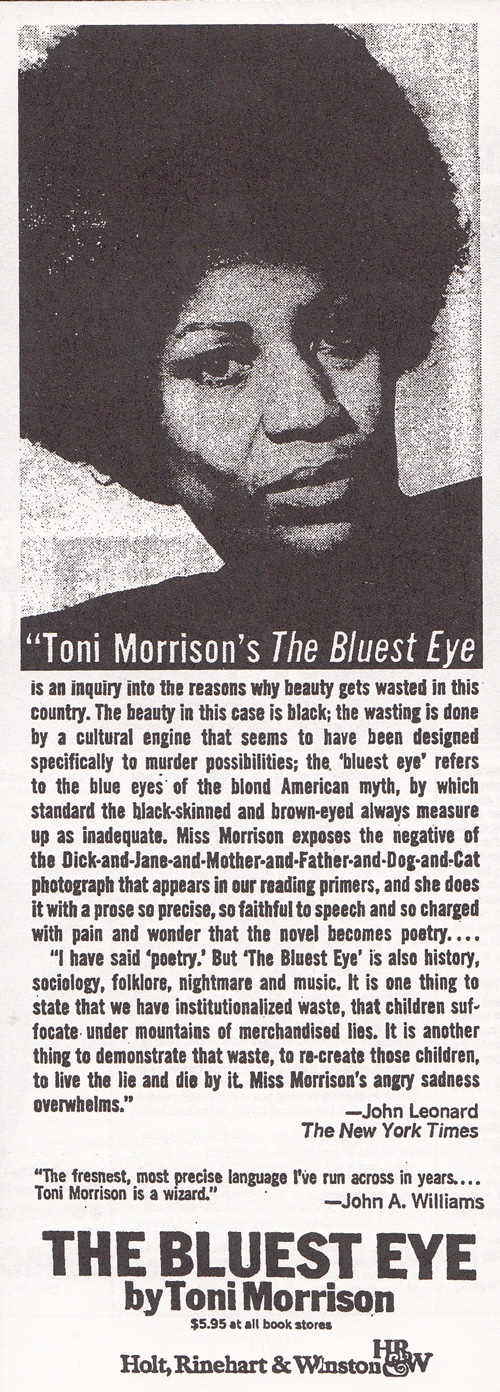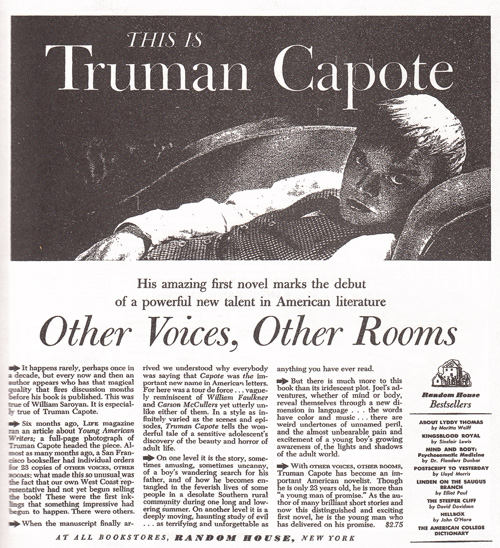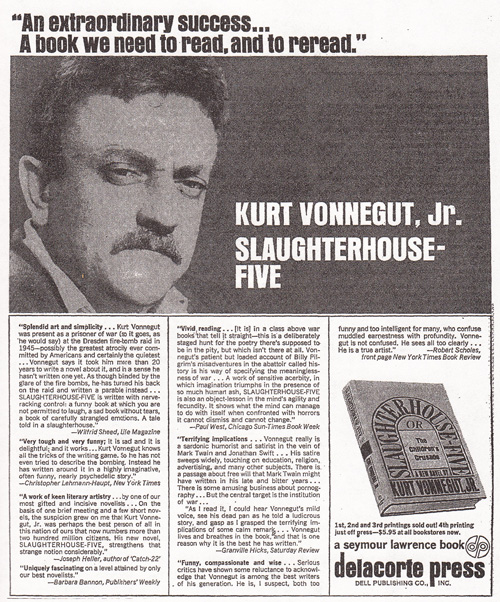Young Peter Orlovsky looks like he could have
lit “the world on FAH-EE-UH” years before the idea struck Fun’s lead vocalist (Nate
Ruess.)
Playwright Tennessee
Williams isn’t a bad match for Clark Gable, plus a few pounds and a receding
hairline.
And how about Ivan
Turgenev? Give the man a shave and a haircut and he could have played Mr.
Matuschek or the Wizard of Oz as well as Frank Morgan.
Another
writer-to-writer doppelganger: I give you a young Thomas Mann and Australia’s
only Nobel Laureate, Patrick White.
And
for the fans of Mad Men (and tortoiseshell specs), here’s Truman Capote and
Lane Pryce (Jared Harris).










